With the next west coast demersal closure kicking off at midnight on Monday, 1 August until the start of the two-week long September/October school holidays (re-opening September 23), it doesn’t mean fishers have to stop wetting a line with plenty of other great fishing options available.
From squid and King George whiting across the broken sand and weed patches within our Sounds and sheltered bays, to herring and tailor off beaches, rockwalls and jetties, or targeting rainbow and brown trout in our pristine South-West rivers and dams – we are very lucky to have numerous options available to us.
Not only does targeting different species expand your fishing skills while giving demersals a break – but trolling for some tuna, jigging for a Samson fish, throwing out a squid jig for some tasty calamari or flicking soft plastics around for five-star quality redfin perch can still provide you with a delicious feed.
To receive our free weekly State-wide fishing report with all the tips on what’s biting and more become a Recfishwest member.
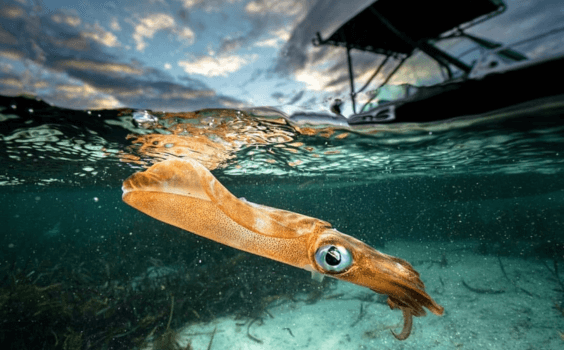
Finding a better, fairer way
The latest west coast demersal closure again highlights the need to find a better and fairer way of managing the west coast demersal fishery that gives families and friends more time on the water with the chance to catch a quality bottom fish.
With the $2.5 million west coast demersal Voluntary Fisheries Adjustment Scheme (VFAS) now open, commercial operators can apply for fair and reasonable compensation to voluntarily exit the fishery
It means the Government has a golden opportunity to deliver a better return for the recreational fishing community and restore a more equitable share of demersal catches towards the end of 2023.
“The VFAS can potentially pave the way to a fairer and more equitable sharing of the overall sustainable catch between recreational, charter and commercial fishing sectors,” said Recfishwest CEO Dr Andrew Rowland.
“This is long overdue with 64 per cent of the west coast demersal catch currently reserved for private profit and only five per cent of demersal fish caught in WA waters taken by recreational fishers. There has to be a better way to maximise the social and economic benefits from the sustainable catch for the Western Australian community – that is what the Government is obliged to do by its own legislation.
“And that means giving back mums, dads, families and friends more time back out on the water with the chance to catch a demersal scalefish for dinner.”
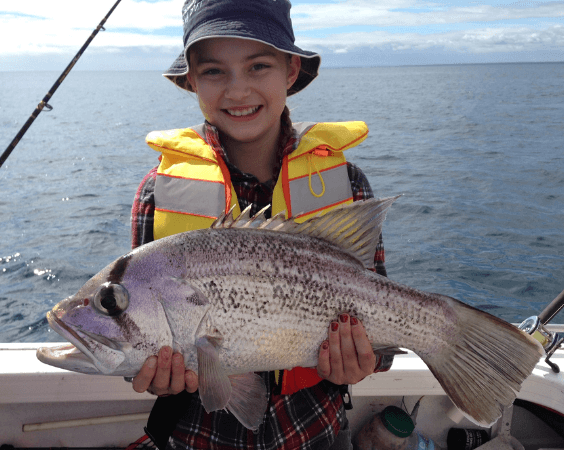

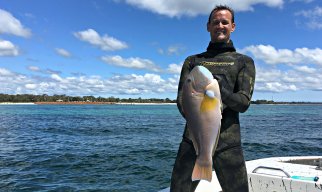


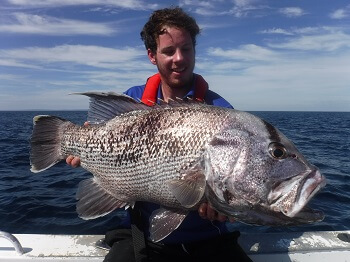 Given the slow growth of this iconic fish, this is not a decision we took lightly, but was prompted after recent anecdotal reports from fishers indicating that the resource was recovering well, including a high abundance of juvenile fish not seen for many years. Current recreational catches are well below the sustainability target level set for an adequate recovery, in fact recreational take had reduced by 62% since 2009 when management was introduced to reduce the catch by half.
Given the slow growth of this iconic fish, this is not a decision we took lightly, but was prompted after recent anecdotal reports from fishers indicating that the resource was recovering well, including a high abundance of juvenile fish not seen for many years. Current recreational catches are well below the sustainability target level set for an adequate recovery, in fact recreational take had reduced by 62% since 2009 when management was introduced to reduce the catch by half.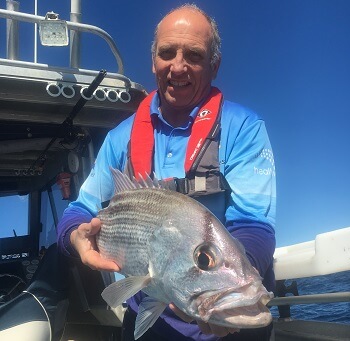
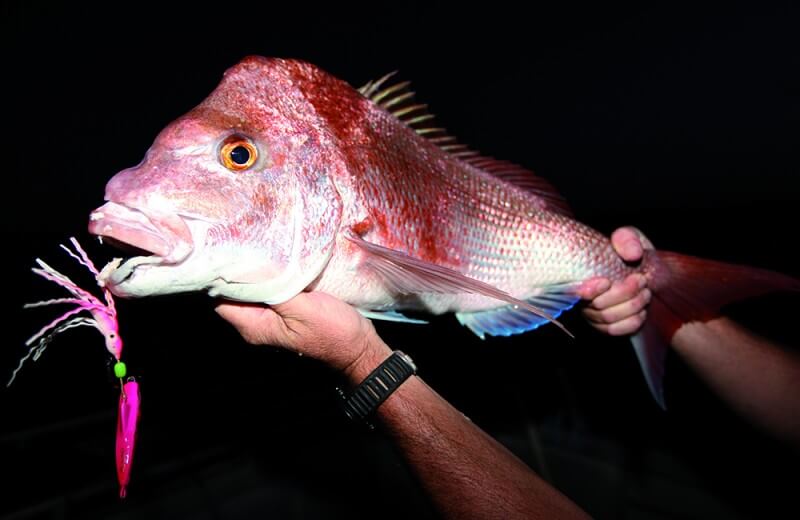 “If it wasn’t for the foresight of a proactive fishing community 16 years ago, the story may be a little different, it’s something we all should be proud of,” Dr Rowland said.
“If it wasn’t for the foresight of a proactive fishing community 16 years ago, the story may be a little different, it’s something we all should be proud of,” Dr Rowland said.